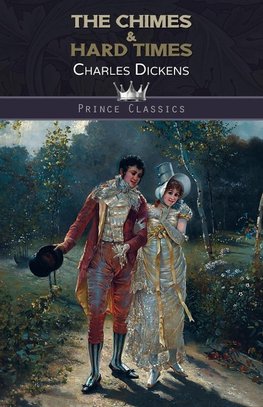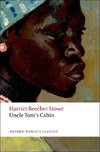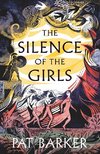
The Chimes & Hard Times
On New Year's Eve, Trotty, a poor elderly "ticket-porter" or casual messenger, is filled with gloom at the reports of crime and immorality in the newspapers, and wonders whether the working classes are simply wicked by nature. His daughter Meg and her long-time... Viac o knihe
Produkt je dočasne nedostupný
34.41 €
bežná cena: 39.10 €
O knihe
On New Year's Eve, Trotty, a poor elderly "ticket-porter" or casual messenger, is filled with gloom at the reports of crime and immorality in the newspapers, and wonders whether the working classes are simply wicked by nature. His daughter Meg and her long-time fiancé Richard arrive and announce their decision to marry next day. Trotty hides his misgivings, but their happiness is dispelled by an encounter with the pompous Alderman Cute, plus a political economist and a young gentleman with a nostalgia, all of whom make Trotty, Meg and Richard feel they hardly have a right to exist, let alone marry.
Trotty carries a note for Cute to Sir Joseph Bowley MP, who dispenses charity to the poor in the manner of a paternal dictator. Bowley is ostentatiously settling his debts to ensure a clean start to the new year, and berates Trotty because he owes a little rent and ten or twelve shillings to his local shop which he cannot pay off. Returning home, convinced that he and his fellow poor are naturally ungrateful and have no place in society, Trotty encounters Will Fern, a poor countryman, and his orphaned niece, Lilian. Fern has been accused of vagrancy and wants to visit Cute to set matters straight, but from a conversation overheard at Bowley's house, Trotty is able to warn him that Cute plans to have him arrested and imprisoned. He takes the pair home with him and he and Meg share their meagre food and poor lodging with the visitors. Meg tries to hide her distress, but it seems she has been dissuaded from marrying Richard by her encounter with Cute and the others.
Hard Times - For These Times (commonly known as Hard Times) is the tenth novel by Charles Dickens, first published in 1854. The book surveys English society and satirises the social and economic conditions of the era.
Hard Times is unusual in several ways. It is by far the shortest of Dickens' novels, barely a quarter of the length of those written immediately before and after it. Also, unlike all but one of his other novels, Hard Times has neither a preface nor illustrations. Moreover, it is his only novel not to have scenes set in London. Instead the story is set in the fictitious Victorian industrial Coketown, a generic Northern English mill-town, in some ways similar to Manchester, though smaller. Coketown may be partially based on 19th-century Preston.
One of Dickens's reasons for writing Hard Times was that sales of his weekly periodical, Household Words, were low, and it was hoped the novel's publication in instalments would boost circulation - as indeed proved to be the case. Since publication it has received a mixed response from critics. Critics such as George Bernard Shaw and Thomas Macaulay have mainly focused on Dickens's treatment of trade unions and his post-Industrial Revolution pessimism regarding the divide between capitalist mill owners and undervalued workers during the Victorian era. F. R. Leavis, a great admirer of the book, included it - but not Dickens' work as a whole - as part of his Great Tradition of English novels.
The novel follows a classical tripartite structure, and the titles of each book are related to Galatians 6:7, "For whatsoever a man soweth, that shall he also reap." Book I is entitled "Sowing", Book II is entitled "Reaping", and the third is "Garnering."
- Vydavateľstvo: PRINCE CLASSICS
- Formát: Paperback
- Jazyk:
- ISBN: 9789353859206


 Anglický jazyk
Anglický jazyk 









